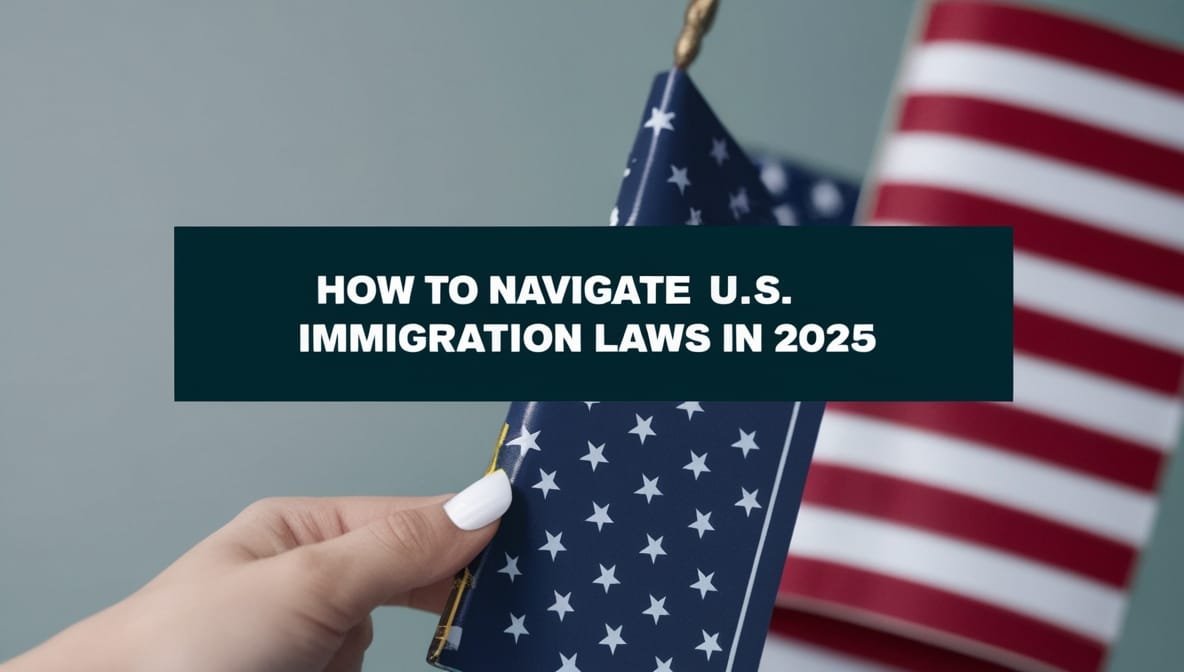Will a traffic ticket affect my insurance rates: If you’ve recently received a traffic ticket, you’re likely wondering about its impact on your insurance rates. The short answer is: yes, most traffic violations can affect your insurance premiums. However, the extent of the impact depends on various factors. Let’s dive into the details of how traffic tickets influence your insurance rates and what you can expect.
Understanding the Relationship Between Traffic Tickets and Insurance Rates
Insurance companies use your driving record as a key factor in determining your risk profile. When you receive a traffic ticket, it becomes part of your driving history, signaling to insurers that you may be a higher-risk driver.
How Much Do Insurance Rates Increase After a Ticket?
The impact of a traffic ticket on your insurance rates can vary significantly:
- On average, a single speeding ticket can increase your insurance rates by about 25%.
- More severe violations, like a DUI, can lead to rate increases of up to 73.9%.
- Minor violations, such as not wearing a seatbelt, may only result in a 4% increase.
It’s important to note that these figures are averages, and the actual impact on your rates may differ based on various factors.
Factors Influencing the Impact of Traffic Tickets on Insurance Rates
Several elements determine how much your insurance rates might increase after a traffic violation:
- Severity of the Violation: More serious offenses, like reckless driving or DUI, have a greater impact on rates compared to minor infractions.
- Your Driving History: A clean record prior to the ticket may result in a smaller increase compared to a history of violations.
- Frequency of Violations: Multiple tickets in a short period will likely lead to steeper rate hikes.
- Your Age and Driving Experience: Younger, less experienced drivers may face larger increases.
- Location and Insurance Provider: Different states and insurance companies have varying policies regarding traffic violations.
Types of Traffic Violations and Their Impact
Not all traffic violations affect your insurance rates equally. Here’s a breakdown of common violations and their potential impact:
| Violation | Average Rate Increase |
|---|---|
| Hit and run | 82.2% |
| DUI | 73.9% |
| Reckless driving | 70.4% |
| Speeding (21-25 mph over limit) | 26% |
| Speeding (6-10 mph over limit) | 20% |
| Failure to yield | 20% |
| Improper passing | 23.4% |
| Running a red light | 23% |

Long-Term Effects of Traffic Tickets on Insurance
Traffic violations can impact your insurance rates for several years:
- Most insurers consider violations for three years after the infraction.
- Some violations, like DUIs, can affect rates for up to 10 years in certain states.
- Even after a ticket is removed from your driving record, some insurance companies may consider your past history when determining rates.
The Hidden Costs of Traffic Tickets
While the immediate fine for a traffic ticket might seem manageable, the long-term insurance costs can be substantial:
- A typical speeding ticket fine averages around $150.
- However, the resulting insurance increases can cost an additional $340+ per year for three years.
- This means a single speeding ticket could cost you over $1,000 in insurance penalties alone.
Strategies to Minimize the Impact of Traffic Tickets on Insurance Rates
If you’ve received a traffic ticket, there are steps you can take to potentially reduce its impact on your insurance:
- Contest the Ticket: If you believe you were wrongly cited, consider fighting the ticket in court.
- Attend Traffic School: Some states allow you to keep minor infractions off your record by completing a driver safety course.
- Maintain a Clean Record: Avoid additional violations to prevent further rate increases.
- Shop Around for Insurance: Different insurers weigh violations differently, so compare quotes from multiple companies.
- Ask About Forgiveness Programs: Some insurers offer accident forgiveness or ticket forgiveness programs.
Non-Moving Violations and Insurance Rates
Not all traffic tickets affect your insurance rates. Generally, non-moving violations have little to no impact on your premiums. These include:
- Parking tickets
- Expired registration
- Equipment violations (e.g., broken tail light)
However, failing to address these issues promptly could lead to more serious consequences that may affect your insurance.
FAQs: Will a traffic ticket affect my insurance rates

Q: How long does a speeding ticket stay on my driving record?
A: Typically, a speeding ticket remains on your driving record for 3-5 years, depending on your state.Q: Can my insurance company drop me for getting a ticket?
A: While rare for a single minor violation, accumulating multiple tickets or serious offenses could lead to non-renewal of your policy.Q: Do all insurance companies check driving records?
A: Most insurance companies check driving records when you apply for a new policy or renew an existing one.Q: Can I keep a ticket off my driving record?
A: In some cases, completing a defensive driving course or contesting the ticket successfully can keep it off your record.
Official Website For Know More – Click Here
Also Read : Should I Get a Lawyer for a Minor Car Accident?






